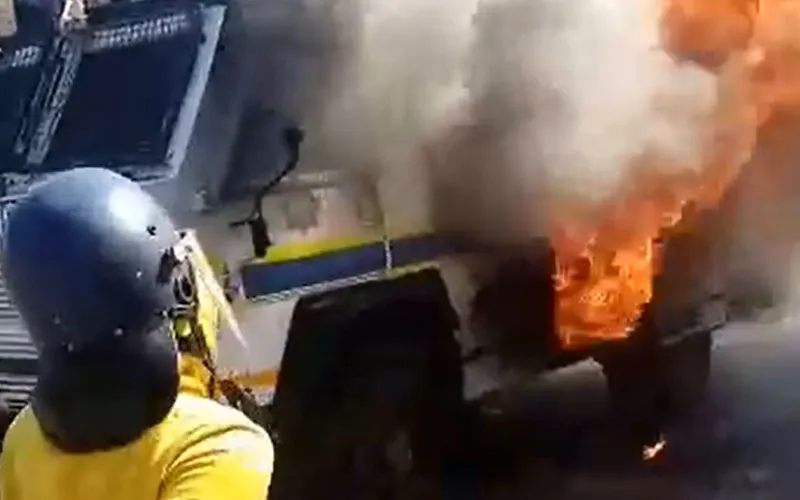KwaZulu-Natal, 13 July, 2021 / 9:12 pm (ACI Africa).
The ongoing violence in South Africa that started with riots following the jailing of the country’s former President Jacob Zuma has very little to do with the former President, the leadership of an international Catholic peace entity has told ACI Africa, adding that people are expelling their anger after many years of suffering.
Johan Viljoen, the Director of Denis Hurley Peace Institute (DHPI) told ACI Africa, in an interview, that the riots, which started in Zuma’s backyard, KwaZulu-Natal, eventually spreading to South Africa’s capital, Johannesburg, sparked people’s deep-seated frustrations over poor governance.
“The violence we are witnessing has very little, if anything, to do with former President Jacob Zuma’s jailing. The riots have turned into looting and destruction of property and people’s frustrations are clearly coming to the fore,” Mr. Viljoen says in the Monday, July 12 interview with ACI Africa.
He adds, “People are suffering from extreme poverty and some are risking their lives, dodging live bullets to steal food from people’s shops because they are hungry.”
Riots erupted in KwaZulu-Natal Province after Mr. Zuma handed himself over to prison authorities on July 7 under order from the Constitutional Court, which held him in contempt for repeatedly refusing to appear before a commission investigating allegations of corruption during his nine years as South Africa’s President that ended in 2018.








